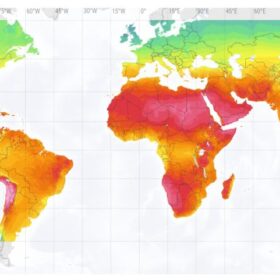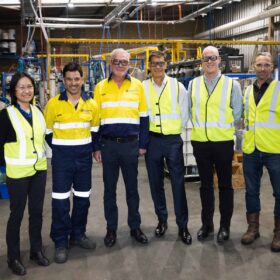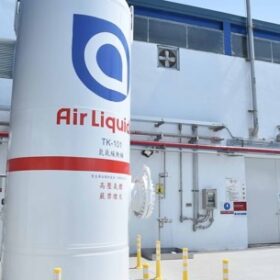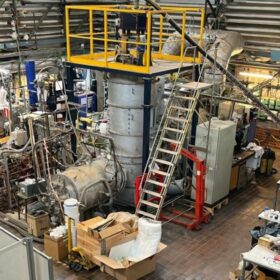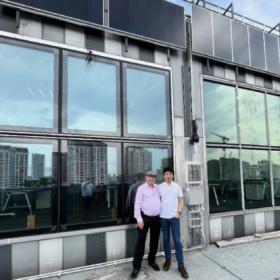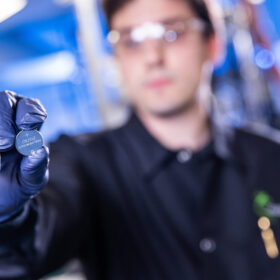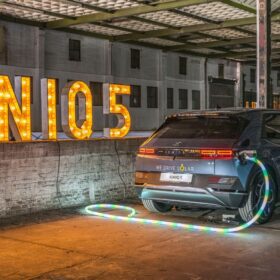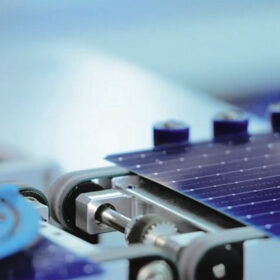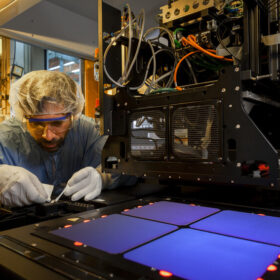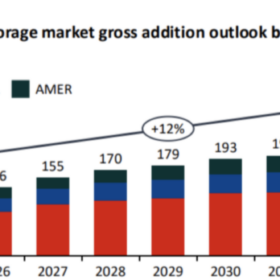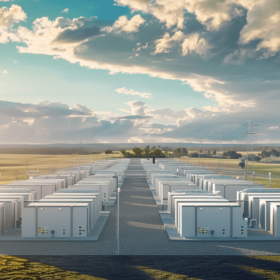New model for day-ahead solar forecasting in areas with limited data
South Korean researchers have developed a long-term solar irradiance prediction method based on a reinforcement learning algorithm. They claim that the new model is able to forecast solar radiation for more than a year using just two weeks of solar radiation learning.
Renewable Metals to scale up battery recycling ambitions
Australian battery recycling startup Renewable Metals intends to scale and commercialise its lithium-ion battery recycling technology that converts battery waste into high-value battery metals after closing an $8 million (USD 5.08 million) investment round.
Iridium alternatives for PEM electrolysers being developed by Mattiq
Mattiq says it is evaluating “millions of combinations” of different alternatives to iridium for PEM electrolysis, while Hystar, Air Liquide, and Trillium Energy Solutions have revealed plans for the North American hydrogen market.
Swedish startup to use green hydrogen plasma in pilot reactor for solar grade silicon
Encouraged by lab results and a feasibility study, Swedish startup, Green14, in collaboration with Sweden’s Royal Institute of Technology (KTH) plans to build a pilot-scale reactor to make solar grade silicon with a hydrogen plasma process. The company sees the pilot as a step towards using a more sustainable method to produce solar grade silicon for the PV industry at its own gigawatt-scale plant.
ClearVue’s next-gen ‘solar window’ tested in Singapore
Western Australian solar window company ClearVue Technologies has completed third-party testing with the Singapore Building and Construction Authority, saying the results illustrate strong thermal and energy outcomes.
Lithium hydroxide from recycled batteries used to make Dragonfly’s cells
Dragonfly Energy is using lithium hydroxide recovered from recycled batteries to manufacture battery cells, with Aqua Metals leading the way in recycling solutions for materials in the supply chains for energy storage and electric vehicles.
Researchers developing cheap hydrogen storage
Oxford Institute for Energy Studies researchers have developed a cost-effective material to absorb hydrogen at non-cryogenic temperatures, which they consider optimal for fuel cell storage systems.
EV sharing to provide stationary storage services via V2G tech
We Drive Solar and MyWheels have announced plans to transform the Dutch city of Utrecht into the world’s first municipality with a “neighbourhood battery on wheels.” The system will feature 25 Ioniq 5 vehicles equipped with vehicle-to-grid (V2G) tech from Hyundai Motor.
Weekend read: Getting to the bottom of TOPCon degradation
Should the industry be alarmed at the potential degradation susceptibility of tunnel oxide passivated contact (TOPCon) solar cells? Or are the problems easily addressed and more a reflection of rushed-to-market products? pv magazine contributor and consultant Götz Fischbeck reports.
Low-temperature processes to reduce silver use in tandem perovskite-silicon solar cells
Researchers from Germany’s Fraunhofer ISE developed new techniques to reduce silver consumption in tandem perovskite silicon solar cells and heterojunction silicon PV devices. The new processes relate to cell metallisation and module interconnection.
